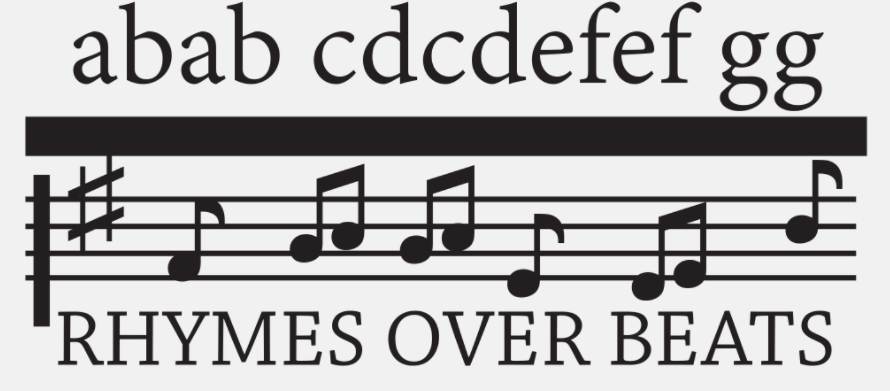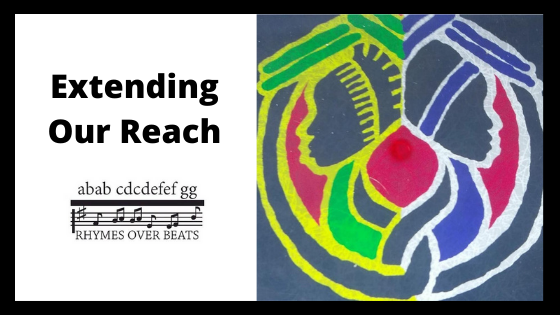
The Business of Musical Theater: Writing Songs for Profit
Business of Musical Theater Pt. 2
Last week’s blog encouraged MCs and beat writers to become involved in theater.
The two reasons I cited are that
- Theater pays better and
- The artist maintains ownership of the work.
One that I didn’t mention is one that is almost as important. This third reason is that you, the writer, gets paid for having written the work and that payment begins once the show is performed.
How Theater Works
In theater, a producer puts up the money to do a production. This is called the capital budget. It covers all the expenses that needs to be paid before the first performance.
After performances begin there are still expenses. Actors are paid a salary. The theater owner is paid rent. Advertising and marketing agencies are paid. This budget is the weekly operating budget. All revenues that come in are called gross revenues.
Gross revenues minus weekly operating expenses gives net revenues.
All theater productions assume that, initially, the expenses of the production will exceed the gross revenues until the public realizes what a great show it is and the production sells out. The capital budget accounts for this by setting aside an amount of money to cover these losses.
In most artistic endeavors, the creators get paid from the net revenues. If there is no profit, then the creators don’t make any money.
Theater is different. Because the capital budget includes more than is needed to cover expenses, writers are able to get paid from the gross.
So, if you write rhymes or beats, wouldn’t you rather get paid from day one?
Yes? Then you should be writing for theater.
We are currently looking for submissions for 2022-2023. Contact us for more information.




